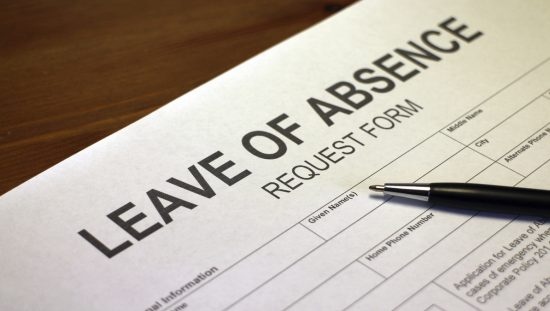Educational law is the area of law that relates to schools, teachers and the rights of students to a public education, as well as standards for those students who attend private schools.
Education is considered to be a basic right of the individual in many countries around the globe. This right is either acknowledged in their constitutions or through some subsequent laws. These laws mandate that each child be given the opportunity to education. Examples of some such educational laws in different countries are as under.
Educational Laws in Pakistan
Education in Pakistan is overseen by the Federal Ministry of Education and the provincial governments, whereas the federal government mostly assists in curriculum development, accreditation and in the financing of research and development. As per constitution of Pakistan, education is the basic right of every child in the country. In this regard, In 1973, Article 37-B of the Pakistani Constitution was created, stating that,
“The State shall remove illiteracy and provide free and compulsory secondary education within minimum possible period.”
Also created in 1973 was Article 38-D of the Pakistani Constitution, which states,
“The State shall provide basic necessities of life, such as food, clothing, housing, education and medical relief, for all citizens, irrespective of sex, caste, creed or race, as are permanently or temporarily unable to earn their livelihood on account of infirmity, sickness or unemployment.”
In 2010, Article 25-A of the Pakistani Constitution was created, stating that,
“The State shall provide free and compulsory education to all children of the age of five to sixteen years in such manner as may be determined by law.”
Some other important educational laws include
- Punjab Compulsory Primary Education Act, 1994
- The Punjab Education Department (School Education) Service-Recruitment Rules 1987 (Amended 2014)
- The Punjab Private Educational Institutions (Promotion & Regulations) (Amendment) Act 2017.
Educational Law in India
The Right of Children to Free and Compulsory Education Act or Right to Education Act (RTE) is an Act of the Parliament of India enacted on 4 August 2009, which describes the modalities of the importance of free and compulsory education for children between the ages of 6 to 14 years in India under Article 21A of the Indian Constitution.
Other important laws related to education are English Education Act, 1835 and National Council for Teacher Education Act, 1993.
Educational Laws in China
The Law on Nine-Year Compulsory Education (July 1, 1986) guaranteed school-age children the right to receive at least nine years of education (six-year primary education and three years secondary education). It was further amended as Compulsory Education Law of the People’s Republic of China on June 29, 2006.
Article 11 of this Law says that any child who has attained to the age of 6, his/her parents or other statutory guardians shall have him/her enrolled in school to finish compulsory education. For the children in those areas where the conditions are not satisfied, the initial time of schooling may be postponed to 7 years old.
Educational Laws in USA (America)
Public education is not a “right” granted to individuals by the Constitution. The U.S. Constitution mentions no such right nor has the U.S. Supreme Court recognized one. However, The Equal Education Opportunities Act of 1974 provides that no state can deny an equal opportunity to education to any individual on the basis of race, color, sex, or national origin.
As each state has its own school system, so, there are very different laws among the various states with regard to management of schools, teachers, and funding for public education. However, they are all overseen by the federal government through the Department of Education. Compulsory school attendance laws were first passed in Massachusetts in 1852 and invariably spread to other sections of the country. By 1900, thirty-two states had passed compulsory education laws and by 1930 all the states had some form of this law in place.
Educational Laws in UK (Britain)
England and Wales were slow to introduce compulsory education due to the upper class defending its educational privileges. In England and Wales, the Elementary Education Act 1870 paved the way for compulsory education by establishing school boards to set up schools in any places that did not have adequate provision. Attendance was made compulsory until age 10 in 1880. The Education Act of 1996 made it an obligation on parents to require children to have a full-time education from age 5 to 16. However, attendance at school itself is not compulsory: Section 7 of the Act allows for home education.
The Education (Scotland) Act 1872 made elementary education compulsory for the first time for all children aged between 5 and 13. The existing parish and burgh schools were taken over by the state and managed by locally elected School Boards.
Educational Laws in France
As compared to USA and UK, France was equally slow to introduce compulsory education due to conflicts between the secular state and the Catholic Church, and as a result between anti-clerical and Catholic political parties. The first set of Jules Ferry Laws, passed in 1881, made primary education free for girls and boys; communes and departments had the shared responsibility to fund it. In 1882, the second set of Jules Ferry Laws made education compulsory for girls and boys until the age of 13. In 1936, the upper age limit was raised to 14. In 1959, it was further extended to 16.



